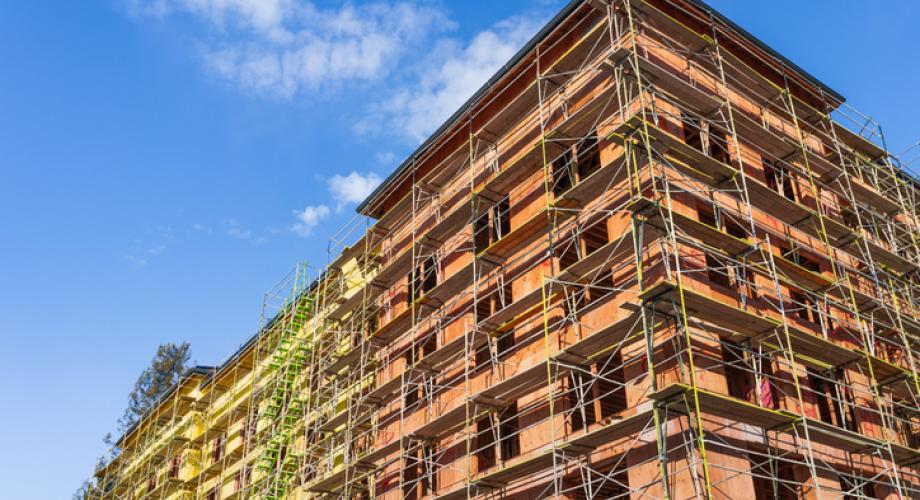The United States is one step closer to ensuring sustainable and resilient rental housing. On April 1, 2021, Congressman Brad Schneider (D-IL-10) and co-sponsor Congressman Tom Rice (R-SC-7) reintroduced the Energy Efficient Qualified Improvement Property (E-QUIP) Act. E-QUIP establishes a uniform ten-year depreciation period for qualified energy efficient commercial and multifamily building improvements made between 2020 and 2025. The legislation represents significant relief to housing owners and operators who have been unable to meet the steep financial burden associated with building efficiency upgrades.
Currently, equipment investments are reflected in a patchwork of cost recovery periods ranging from 15 to 40 years. The depreciation period depends on the type of investment made and is not usually indicative of the actual useful life of the investment.
Furthermore, federal energy tax deductions for properties, such as 179D, are tied to the square footage of properties rather than the type of investment. This makes it difficult for smaller and older properties to justify significant investment when the deduction may not offset the expenditure.
E-QUIP is not only instrumental in improving building resiliency, it is good for the economy. The bill is expected to create more than 130,000 jobs across a variety of industries including energy, construction and technology. E-QUIP also will help property owners achieve compliance with federal, state and local energy and climate goals. Recently, President Biden announced his goal to cut U.S. greenhouse gas emissions by 50 percent by 2030. During his campaign, President Biden announced a similar reduction in the carbon footprint of the U.S. building stock.
The National Apartment Association (NAA) will continue to work closely with federal legislators to ensure timely passage of the E-QUIP Act. For more information on the E-QUIP Act or energy related issues, please contact Sam Gilboard, Manager of Public Policy or Jason Lynn, Director of Federal Affairs.
